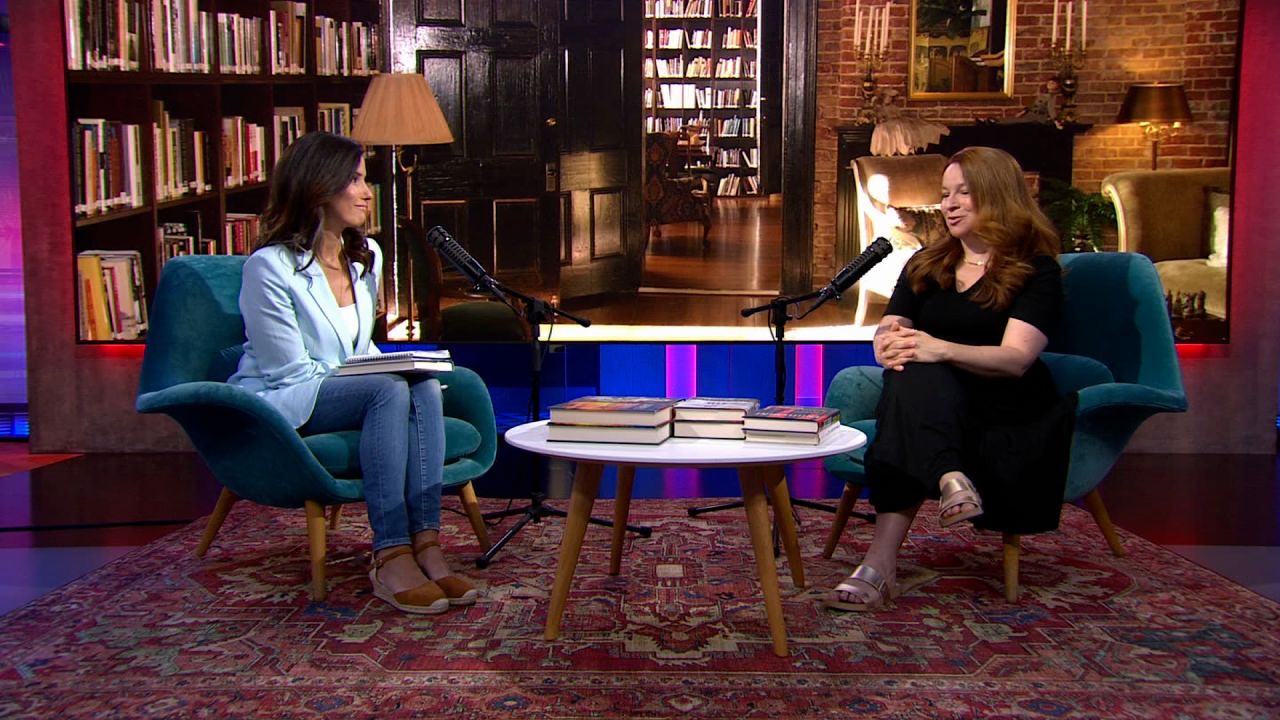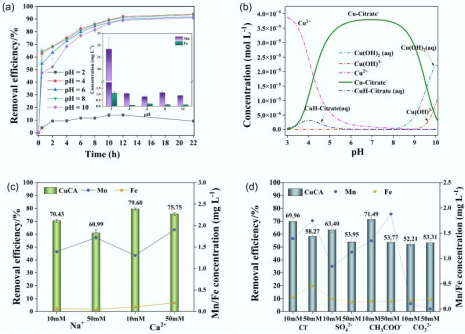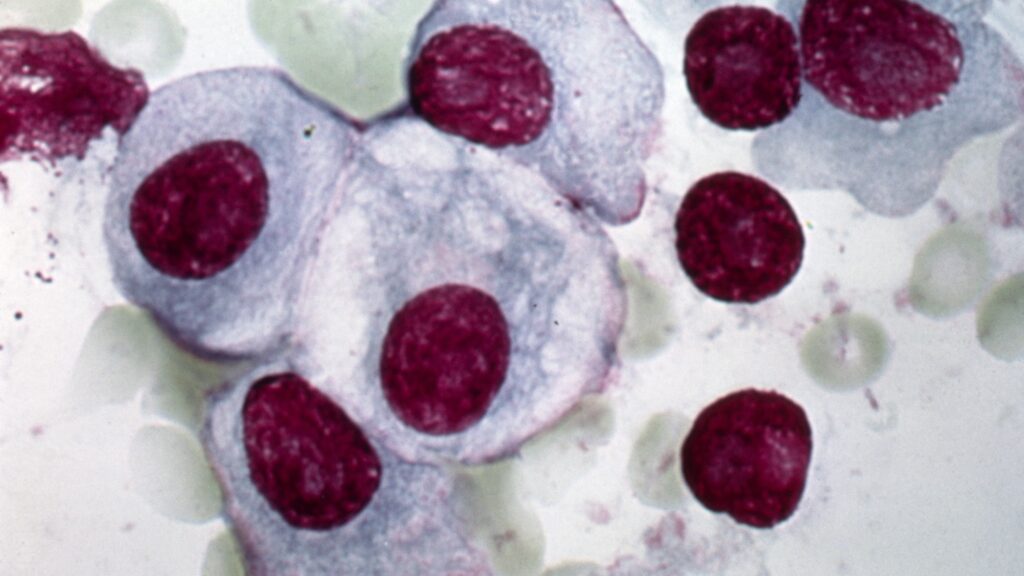In a remarkable narrative of compassion and resilience, Rachel Clarke’s latest book, The Story of a Heart, chronicles the transformative journey of a heart transplant that highlights the profound impact of organ donation. The book has garnered significant acclaim, winning the 2023 Women’s Prize for Nonfiction and showcasing how one family’s generosity in the face of devastating loss can save another child’s life.
A Tale of Two Families
Set against the backdrop of the NHS (National Health Service) in the United Kingdom, Clarke’s work delves into the emotional and medical complexities surrounding organ donation. It tells the heart-wrenching story of a family grappling with the tragedy of losing a loved one while simultaneously bringing hope to another family facing despair. The poignant narrative unfolds as the heart of a deceased child becomes a lifeline for another young patient in dire need.
Clarke’s storytelling not only highlights the intricate medical procedures involved in heart transplantation but also the ethical and emotional considerations that accompany such life-altering decisions. The book serves as a powerful reminder of the necessity of organ donation and the far-reaching effects it can have on multiple lives.
The Power of Generosity
Throughout the narrative, Clarke emphasizes the bravery of the donor family, whose decision to donate their child’s organs exemplifies extraordinary generosity during an unimaginably painful time. Their story resonates deeply, illustrating how acts of kindness can lead to miraculous outcomes.
Clarke’s writing is infused with a sense of urgency and emotion, allowing readers to connect with the families involved. She presents not just the medical facts but also the human stories that lie behind them. The author encourages a broader conversation about the importance of organ donation, shedding light on the critical shortage of available organs and the lives that could be saved through increased awareness and participation.
The impact of The Story of a Heart extends beyond its pages. It serves as a catalyst for discussions about the need for more individuals to consider organ donation, particularly in a world where thousands await life-saving transplants. Clarke’s book is not only a testament to the power of love and sacrifice but also an urgent call to action for potential donors.
As the narrative unfolds, readers are left with a profound sense of hope and responsibility. Clarke’s work stands as a testament to the resilience of the human spirit and the potential for healing that exists when individuals come together in the face of adversity.
In conclusion, Rachel Clarke’s The Story of a Heart offers an eye-opening look at the realities of organ donation and the life-changing impact it can have. By sharing this heartfelt journey, she not only honors the families involved but also inspires countless others to consider the gift of life through organ donation.







